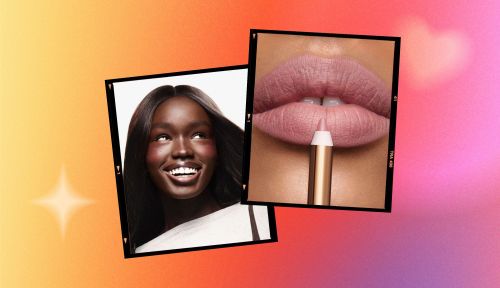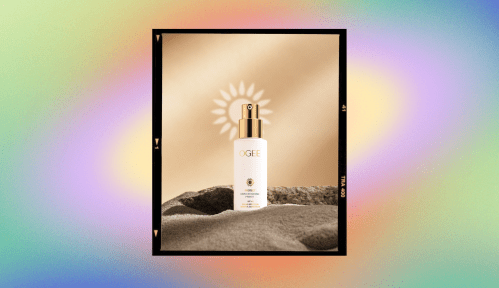Your A to Z Guide to the Most Potent Skin-Care Antioxidants Around
Dermatologists explain the antioxidants for skin benefits, along with which are the most potent to use in your skin-care routine.
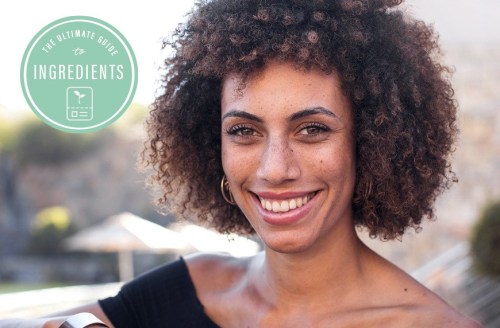
Antioxidants are the hardest-working skin-care ingredients in the game. Not only do they scavenge free radicals—the number one skin-aging culprits—to promote a brighter, more even complexion, they’re also the superstars at nixing fine lines and keeping skin looking fresh. “Antioxidants are often considered the fountain of youth by skin-care professionals and experts,” says Victoria Lewis, medical esthetician at Tribeca MedSpa. “They protect, prevent, and limit free radical damage, and some assist with hydration and inflammation. Not only will your skin be better looking, but it will also be healthier in general.”
Dermatologists sing antioxidants’ praises, too, saying that they’re a must for every single person’s skin-care regimen. “In my opinion, an antioxidant serum is a must for your skin-care routine,” says Lian Mack, MD, a board-certified dermatologist. “Antioxidants protect the skin by reducing and counteracting free radical production.” These free radicals, as a refresher, can assault your skin, damaging healthy skin cells and creating oxidative stress. “Antioxidants protect your skin from this and help reduce pigmentation and fine lines and wrinkles,” explains Dr. Mack.
“In my opinion, an antioxidant serum is a must for your skin-care routine.” —Dr. Lian Mack
There are so many different sources you can choose from for your beauty cabinet, though. To help everyone sort them out, I asked the skin pros which were the strongest of the bunch. Something I realized, though? It’s tough to pit antioxidants against each other. “There aren’t head-to-head studies that compare one antioxidant to another,” says Rachel Nazarian, MD, a board-certified dermatologist with Schweiger Dermatology. “But many of them have long-term research, and have shown themselves to be effective in clinical trials—so science will support their use in skin care.” She also says that since the amount of the active antioxidant from product to product can vary, it’s like comparing apples to oranges.
Regardless, though, all pros think that antioxidants are key for your beauty cabinets—and the more you use, the merrier. “As for how many antioxidants you should be using regularly….the answer is: the more the better!” says Dr. Nazarian. “The more you can help neutralize unstable molecules caused by free radical formation, the longer you can salvage the health of your cells and skin. There’s really no limit to how much you can protect and repair your body.”
That said, there are some antioxidants that are known to be potent superstars for your skin. Keep scrolling for the DL.
Vitamin A: This one’s otherwise known as your handy retinoids. “I’d say that vitamin A, retinol, and the retinoid family is one of the most potent antioxidants with the most evidence suggesting that it can stimulate collagen production and fight free radical damage,” says Dr. Nazarian. Lewis and Dr. Mack pretty much agree with her on this one. “Retin-A is absolutely going to be the most potent,” says Lewis. “It speeds up cell turnover, is studied extensively for its impact on visible signs of aging, and has both immediate and long-term effects. It also treats breakouts and improves texture and age spots.”
Shop
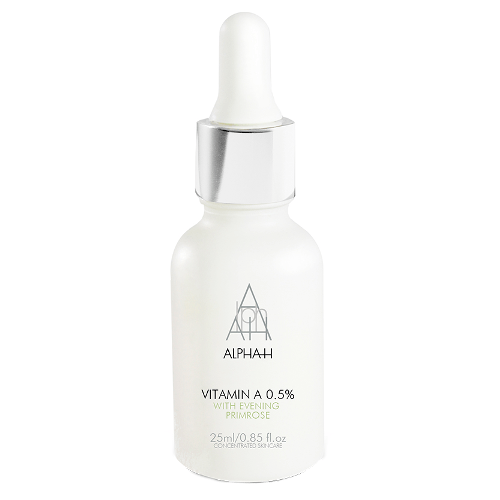
Alpha-H Vitamin A Serum $70
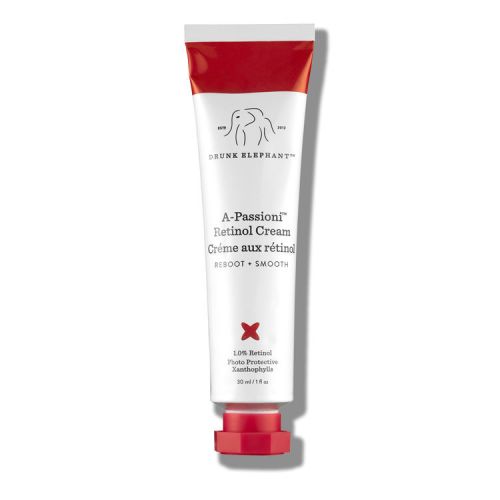
Drunk Elephant A-Passioni Retinol Cream $74
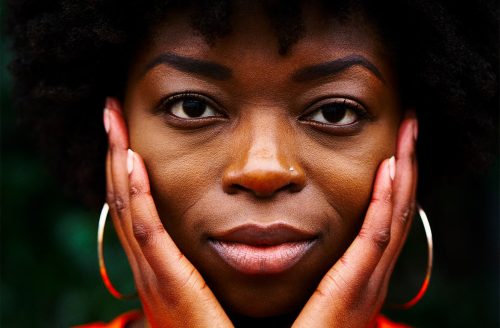
The Inkey List Retinol Serum $10
Vitamin C: The typically fruit-derived superstar is another ultra-strong antioxidant to add to your regimen for multiple benefits. “Vitamin C is a potent antioxidant, and other than being a free radical scavenger, it’s a well-known natural brightener,” says Dr. Mack. “Like retinol it helps to boost collagen production and protect against free radicals.” Lewis adds that it’s also one of the most “backed by science,” it boosts collagen, and brightens and tightens. One thing to note, though: “Vitamin C can be an unstable molecule and loses its efficacy quickly,” explains Dr. Mack. “I recommend patients store their vitamin C serums in cool, darks places like a drawer. I often suggest purchasing a more stable form of vitamin C—look for ingredients like THD or tetrahexydecyl ascorbate.” Dr. Nazarian adds that vitamin E also helps to boost its efficacy.
Shop
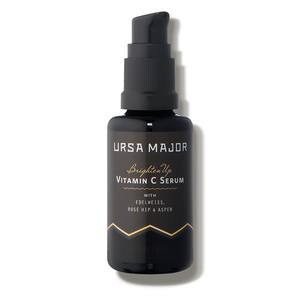
Ursa Major Brighten Up Vitamin C Serum $54
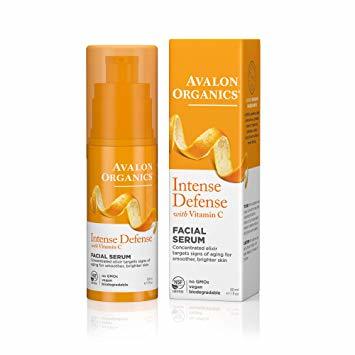
Avalon Organics Intense Defense Vitamin C Facial Serum $12
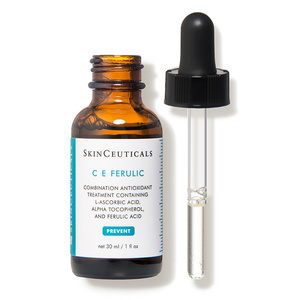
SkinCeuticals CE Ferulic Serum $166
Vitamin E: Another antioxidant to consider for your beauty regimen is this oft-overlooked one. “Vitamin E helps with the skin healing process,” says Lewis. The only thing to note with this antioxidant, however, is that it might not be the best option if you’re prone to breakouts. “For acne-prone patients, I would recommend avoiding formulations that contain vitamin E, as it can worsen acne,” says Dr. Mack.
Shop
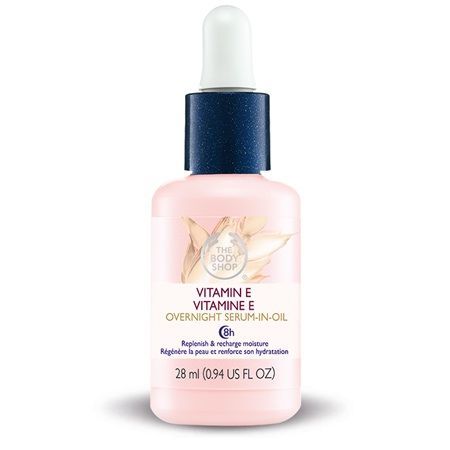
The Body Shop Vitamin E Overnight Serum-in-oil $26

One Love Organics Botanical E Youth Preservation Serum $75
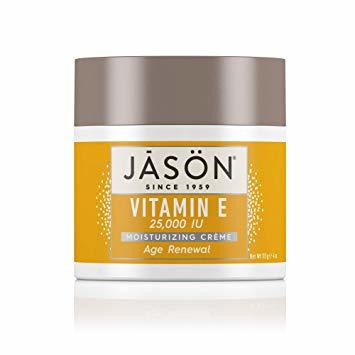
Jason Age Renewal Vitamin E 25,000 IU Moisturizing Creme $14
Vitamin B3: You’ll also see this antioxidant referred to as niacinamide, and it’s a true skin barrier booster. “This is an anti-inflammatory ingredient, it’s great for acne and rosacea, and it boosts the performance of other antioxidants,” says Lewis. Studies support the effectiveness of niacinamide for skin, showcasing its ability to retain moisture in skin, smooth out fine lines, and brighten pigmentation.
Shop
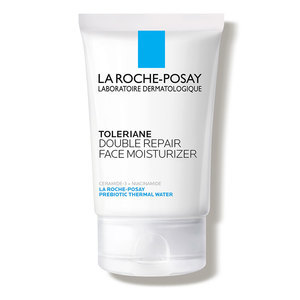
La Roche-Posay Double Repair Face Moisturizer $20
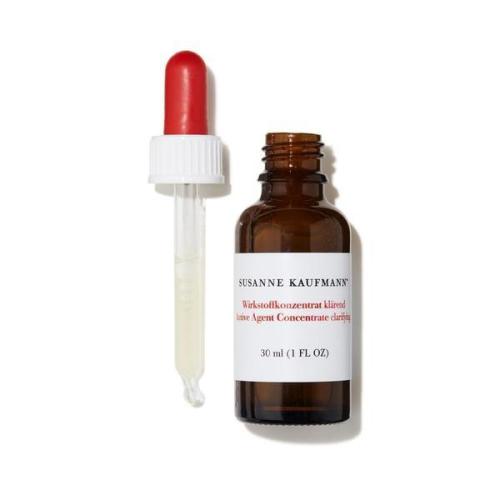
Susanne Kaufmann Nutrient Concentrate - Skin Smoothing $150
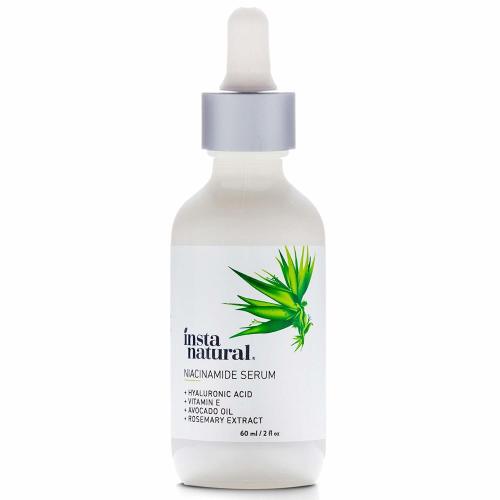
InstaNatural Niacinamide 5% Face Serum $15
Green tea extract: This tea extract is a really powerful antioxidant for your skin. “Green tea extract is a known source of high amounts of antioxidants,” says Dr. Nazarian. Research has shown that it’s full of plant polyphenols, which boost your skin’s immunity, help to fight inflammation, and help with photo damage to the skin.
Shop
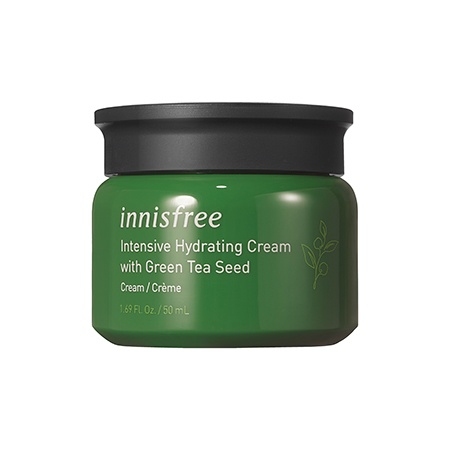
Innisfree Intensive Hydrating Rich Cream With Green Tea Seed $25
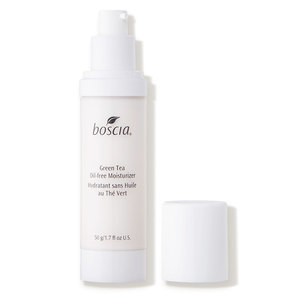
Boscia Green Tea Oil-free Moisturizer $38
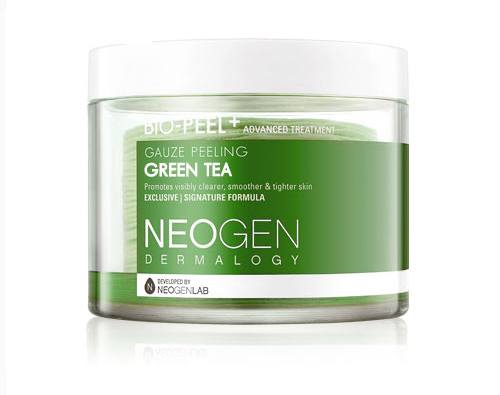
Neogen Bio-Peel Gauze Peeling - Green Tea $27
Resveratrol: This ingredient is lesser known, but it’s a potent antioxidant that stems from grapes, red wine, and some berries (among other sources). “Resveratrol is antimicrobial and has been shown to have cancer-fighting abilities,” says Lewis. It’s another good one for your skin-care routine for anti-aging properties, fighting oxidative stress, and boosting the overall health of your complexion, according to research on the ingredient.
Shop
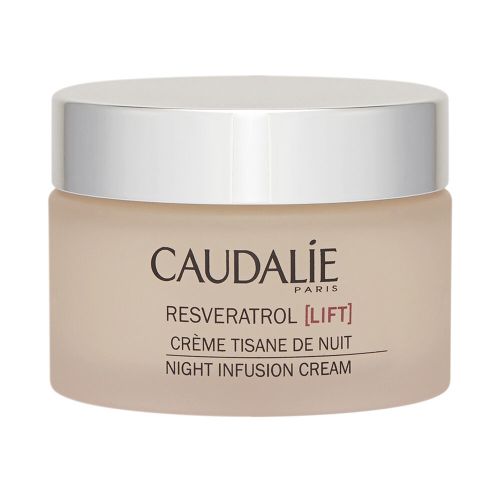
Caudalie Resveratrol Lift Night Infusion Cream $76
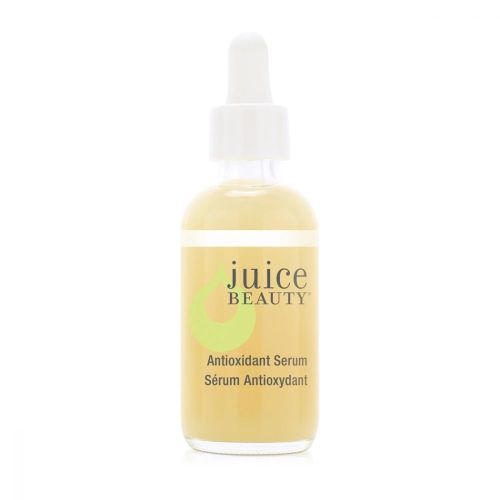
Juice Beauty Antioxidant Serum $48
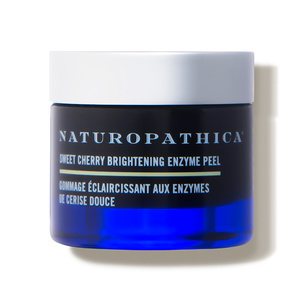
Naturopathica Sweet Cherry Brightening Enzyme Peel $58
Other skin-care regimen staples include a dependable dry skin moisturizer, along with an uber-hydrating hyaluronic acid serum.
Sign up for the Well+Good SHOP Newsletter
Get exclusive deals on wellness, beauty, fitness, and food products that have been hand-picked by our editors.
Got it, you've been added to our email list.



